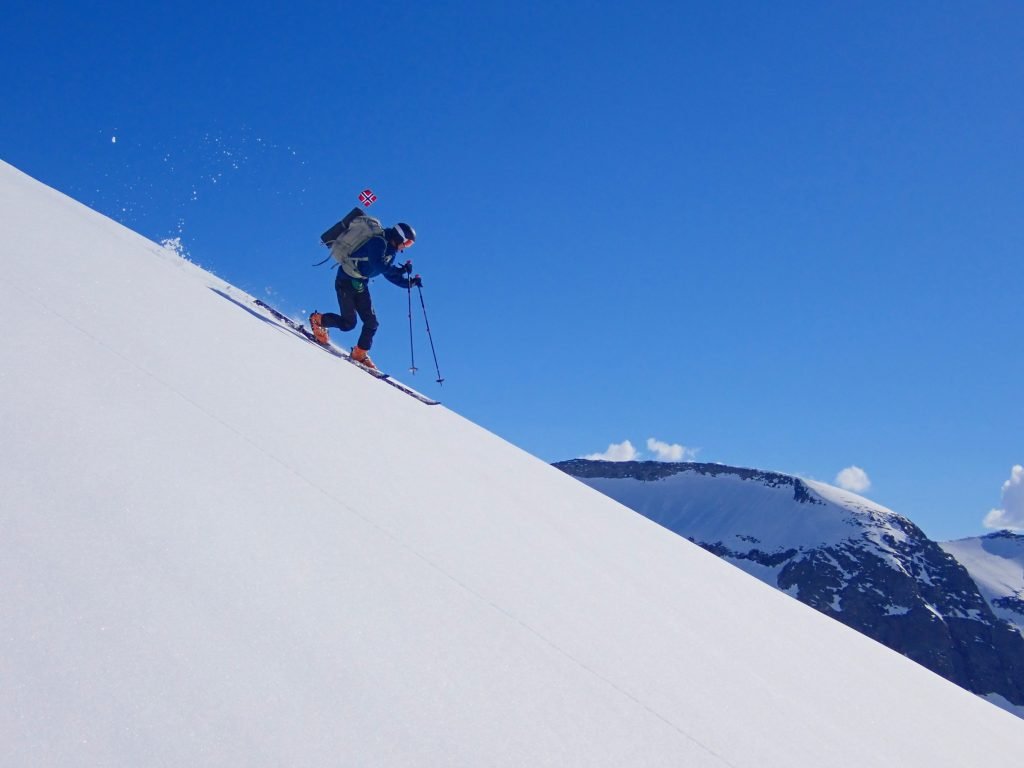

Norwegian Easter Vocabulary: A Guide
Discover the critical Norwegian vocabulary words and phrases you need to know during Easter, one of the most important holidays in Norway. Immerse yourself in the culture and traditions of the season by learning the language associated with it.
Table of Contents
ToggleTable of Contents
- Introduction to Easter in Norway
- Important Norwegian Easter Vocabulary
- Norwegian Easter Traditions and Customs
- Easter Food and Drinks in Norway
- Famous Norwegian Easter Phrases
- Conclusion
Introduction to Easter in Norway
Easter, or “Påske” in Norwegian, is a Christian holiday celebrating the resurrection of Jesus Christ. In Norway, this time of year is marked by several traditions, including religious observances, festive activities, and delicious food. In this comprehensive guide, you’ll learn about the essential Norwegian vocabulary related to Easter and the customs and phrases that define this special time of year.
Important Norwegian Easter Vocabulary
Below is a list of crucial Norwegian vocabulary words related to Easter:
- ei påske: an Easter
- en skjærtorsdag: Maundy Thursday
- en langfredag: Good Friday
- påskeaften: Easter Eve
- første påskedag: Easter Sunday
- andre påskedag: Easter Monday
- en påskeferie: an Easter vacation
- et påskeegg: an Easter egg
- en påskehare: an Easter Bunny
- en påskekylling: an Easter chick
- fastelavn: Shrovetide
- en påskepynt: an Easter decorations
- et kors: a cross
- en gudstjeneste: a church service
Norwegian Easter Traditions and Customs
During Easter, many Norwegians take time off from work and school to spend quality time with family and friends. Here are some popular Easter traditions and customs in Norway:
Påskekrim (Easter crime)
Påskekrim, or “Easter crime,” is a unique Norwegian tradition where people read or watch crime stories during Easter. Publishers often release crime novels around this time, and television networks air crime series.
Påskefjellet (the Easter mountain)
Many Norwegians use the Easter break as an opportunity to ski in the mountains. The tradition, known as Påskefjellet, is a chance for families to enjoy the outdoors and spend time together, often staying in cozy mountain cabins.
Easter Egg Hunts
Children in Norway participate in Easter egg hunts, searching for brightly colored eggs filled with candy and small toys. The Easter Bunny, or Påskehare, is said to bring these treats.
Påskepynt (Easter decoration)
Norwegians often decorate their homes with Påskepynt (Easter decoration), including painted eggs, yellow flowers, and small figures of chicks, rabbits, and hens. These decorations bring a festive atmosphere to homes and streets throughout the country.
Easter Food and Drinks in Norway
Easter is a time to indulge in delicious food and drink in Norway. Some traditional Easter dishes and beverages include:
- et lam (a lamb): Lamb is a popular dish during Easter, often served roasted with potatoes and vegetables.
- en fiskesuppe (a fish soup): A creamy soup made with fish, potatoes, and vegetables, enjoyed as a starter or main dish.
- en Kvikk Lunsj: A chocolate-covered wafer snack similar to a Kit Kat, which is a favorite treat during Easter holidays and often enjoyed during ski trips.
- en påskeøl (an Easter beer): A seasonal beer brewed specifically for Easter, typically a solid and flavorful ale.
- et sjokoladeegg (a chocolate egg): Chocolate eggs are popular during Easter and come in various sizes and fillings, from small solid chocolates to large hollow eggs filled with candy.
- en solbærtoddy (a blackcurrant toddy): A warm, non-alcoholic drink made from blackcurrant syrup, water, and a slice of lemon, traditionally enjoyed during the Easter holiday.
Famous Norwegian Easter Phrases
Here are some popular Norwegian phrases related to Easter that you may hear or use during this festive season:
- God påske! (Happy Easter!): A common greeting used during the Easter season.
- Ha en fin påskeferie! (Have a nice Easter vacation!): A well-wish for someone who is taking time off for a holiday.
- Kos dere på fjellet! (Enjoy your time in the mountains!): A phrase used to wish someone a good time during their Easter skiing trip.
- Hvor er påskeegget mitt? (Where is my Easter egg?): A playful question often asked by children during Easter egg hunts.
Conclusion
Now that you comprehensively understand Norwegian Easter vocabulary, traditions, and customs, you’re well-equipped to celebrate and appreciate this particular time of year in Norway. By immersing yourself in the language and culture, you’ll enjoy a richer Easter experience and improve your Norwegian language skills. God påske!
Sign up for a Norwegian course here to improve your Norwegian level!
If you want to learn Norwegian, you can register for classes here. We look forward to hearing from you and helping you become fluent in Norwegian.





